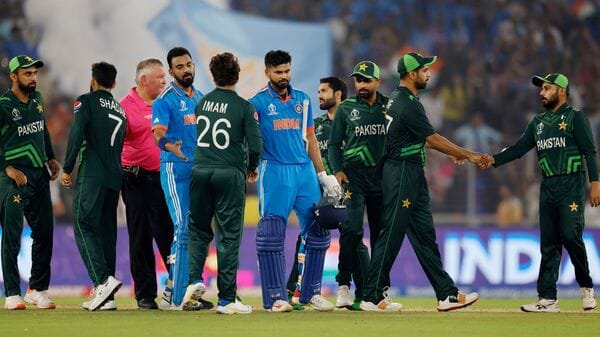India’s decision not to tour Pakistan for the 2025 ICC Champions Trophy deepens tensions between the PCB and BCCI, stressing security concerns and larger repercussions for international cricket diplomacy.
Introduction
The International Cricket Council (ICC) Champions Trophy 2025, due to take place in Pakistan, has aroused an intense controversy in the cricketing world. The decision by the Board of Control for Cricket in India (BCCI) not to allow the Indian team to compete in the tournament on Pakistani land has received major attention. This predicament reflects the bigger political and security concerns that have shaped cricket relations between India and Pakistan for years. With the Pakistan Cricket Board (PCB) taking a formal effort to resolve the matter by writing to the ICC, the future of the event and the nature of bilateral relations in cricket are being brought to the forefront.
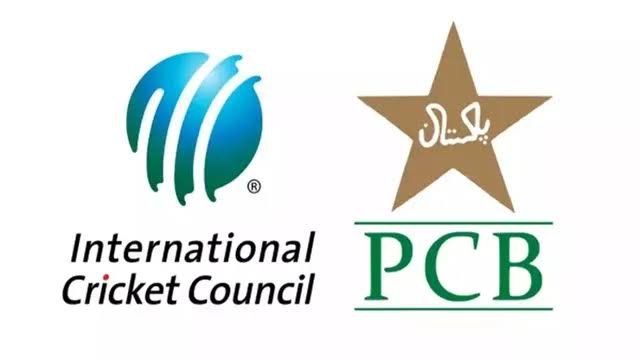
In this article, we look into the historical framework, important concerns, reactions from stakeholders, and the ramifications of this ongoing stand-off between the PCB and BCCI. Through exploring these issues, we attempt to grasp what the future might hold for the ICC Champions Trophy 2025, cricket diplomacy, and the sport’s broader landscape.
1. A Look Back: India-Pakistan Cricket Relations
India and Pakistan, two of the most cricket-crazy nations in the world, share a complex connection that stretches well beyond the cricket pitch. Historically, the rivalry between these two clubs has generated record-breaking viewership, and matches between them are generally defined by intense intensity and passion. However, political tensions between the two nations have regularly damaged bilateral cricketing connections, limiting the exchanges between Indian and Pakistani players and spectators alike.
The last bilateral series between India and Pakistan took place in 2012, when Pakistan toured India. Since then, the two countries have only played each other in ICC and Asian Cricket Council (ACC) competitions, with the most recent clash happening during the T20 World Cup. These infrequent face-offs have only enhanced the public’s demand for India-Pakistan cricket, but they also underscore the obstacles created by the political environment.
2. The Decision: BCCI’s Refusal to Tour Pakistan
The Champions Trophy 2025 was supposed to be a landmark occasion for Pakistan, signifying the return of a major ICC tournament to the country since it co-hosted the 1996 ODI World Cup. However, India’s recent decision to not tour Pakistan due to security concerns has cast a cloud over the event’s practicality. BCCI’s stance reflects India’s long-standing worries over the safety of its players and officials in Pakistan, a position that has previously affected India’s choice to play matches against Pakistan only at neutral sites.
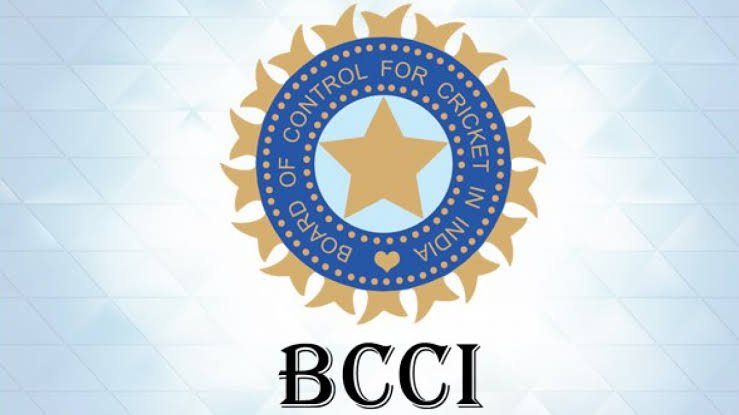
This decision by the BCCI resulted to the PCB’s formal request for explanation from the ICC. A PCB spokeswoman recently stated that they got a formal letter from the ICC seeking clarification over BCCI’s decision. The growing stand-off is piling pressure on the ICC to mediate and select a plan of action that respects both the safety concerns of BCCI and the hosting rights of PCB.
3. The PCB’s Response and the Implications
PCB’s recent petition to the ICC emphasizes the potential ramifications of India’s attitude. Notably, PCB has rejected a prior hybrid format that would let India’s matches to take place at neutral sites, insisting on its entitlement to host the full tournament. PCB’s approach underscores its resolve to have international teams, including India, play on Pakistani soil as a step toward regaining Pakistan’s status as a viable host for global championships.
However, should India retain its attitude, it could open doors to additional friction between PCB and BCCI. PCB has intimated that it may withdraw from other ICC and ACC events featuring India if the ICC cannot secure India’s participation in Pakistan for the Champions Trophy. This scenario creates a tough balancing act for the ICC, as it must balance political sensitivities, security issues, and the commercial viability of its events.
4. Security Concerns: India’s Justification for Opting Out
BCCI’s decision is based on legitimate security concerns. India has maintained a rigorous policy on player safety and has frequently cited security as the primary reason for refusing to tour Pakistan. These concerns are not without foundation; Pakistan has suffered serious security issues, which have affected not only international cricket but also its domestic affairs.
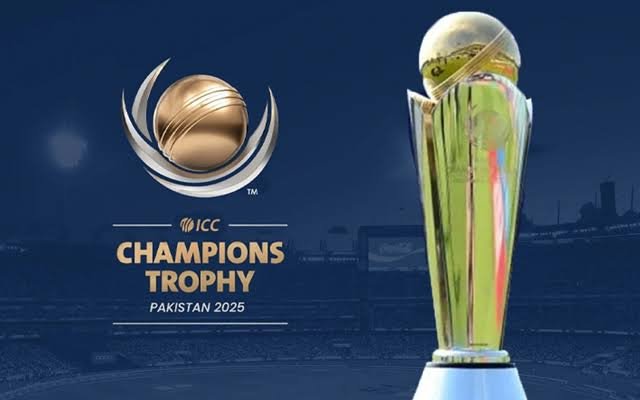
The 2009 attack on the Sri Lankan cricket team in Lahore remains as a reminder of these challenges. Since then, Pakistan has made tremendous steps to improve security and ensure a safe atmosphere for cricket. It has successfully held bilateral series including teams such as South Africa, England, and Sri Lanka. Despite these advancements, India remains hesitant to send its players, citing ongoing security worries.
5. The ICC’s Role: Mediator or Arbitrator?
The ICC finds itself in a tricky position, entrusted with mediating between two of its most prominent members. With the Champions Trophy’s success dependent significantly on the participation of both India and Pakistan, the ICC must satisfy the BCCI’s security concerns while also preserving Pakistan’s right as the tournament’s host. Should a solution continue elusive, the ICC might consider measures such as shifting the tournament to a neutral venue or creating a hybrid model.
However, these options have restrictions. Relocating the tournament weakens Pakistan’s efforts to re-establish itself as a host nation, while a hybrid format could set a precedent that hampers future ICC events. Ultimately, the ICC’s decision on this matter will have long-lasting ramifications for its capacity to manage complicated political dynamics in world cricket.
6. The Commercial Angle: Financial Implications of India’s Absence
India is an essential commercial player in the world of cricket. With a vast audience and great financial influence, the BCCI’s presence has a direct impact on sponsorship, TV rights, and overall revenue for ICC events. India’s likely absence from the Champions Trophy will drastically damage the tournament’s viewership and revenue, affecting sponsors, broadcasters, and the ICC’s finances.
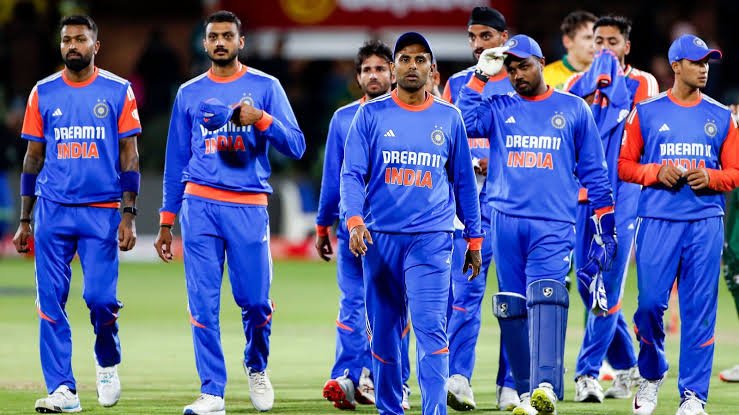
The financial consequences add another layer of complication to the ICC’s decision-making process. Relocating the event or adopting a hybrid model would be financially viable, but it could alienate Pakistan and undermine the ICC’s relationships with other member boards. Balancing financial interests with the aspirations of both BCCI and PCB offers a significant problem.
7. Public Reactions: Fans and Former Players Weigh In
As expected, the public reaction to India’s decision has been varied. Cricket supporters from both countries have voiced unhappiness at the potential of India’s exclusion from the Champions Trophy. The rivalry between India and Pakistan is one of the most eagerly awaited games, and the Champions Trophy presented a rare opportunity for fans to watch this clash in Pakistan.
Former players and analysts have also remarked on the matter, with some encouraging the BCCI to reconsider its position and others backing the board’s dedication to player safety. Renowned former players from Pakistan, notably Wasim Akram and Waqar Younis, have expressed hope that the problem may be settled amicably. Their voices lend a feeling of urgency to the ICC’s discussions, as they stress the necessity of preserving cricketing links between India and Pakistan.
8. The Hybrid Model: A Possible Compromise?
Given the intricacies surrounding this issue, the hybrid model has evolved as a potential compromise. Under this agreement, India might play its matches in a neutral venue, while the rest of the tournament proceeds in Pakistan. The ACC followed a similar arrangement for the 2023 Asia Cup, with India’s matches being staged in Sri Lanka.

However, PCB has thus far opposed this arrangement, underlining its authority to host the full tournament. Accepting a hybrid format could set a precedent that affects future ICC events and questions the integrity of tournament hosting rights. The success or failure of this compromise could have a lasting impact on international cricket scheduling and event planning.
9. Political Context: Beyond the Cricket Field
The diplomatic difficulties between India and Pakistan are well-documented and have often spilled over into the domain of cricket. India’s rejection to travel Pakistan shows not only security concerns but also larger political tensions between the two states. Cricket, as a powerful cultural phenomenon, is not immune to these political realities, and decisions made on the cricket field are often impacted by the state of bilateral relations.
India and Pakistan have endured shifting diplomatic relations, and cricket has sometimes provided as a forum for symbolic acts of goodwill. However, recent years have seen a drop in cricketing interactions, as both countries prioritize security and political reasons. The Champions Trophy issue is, in many respects, a microcosm of the greater diplomatic challenges that impact India-Pakistan relations.
10. What Lies Ahead: The Future of India-Pakistan Cricket
As the ICC prepares to answer the PCB’s letter and the BCCI’s concerns, the conclusion of this issue remains uncertain. The decision on the Champions Trophy might establish a precedent for future ICC tournaments, impacting how international cricket navigates political conflicts and security difficulties.
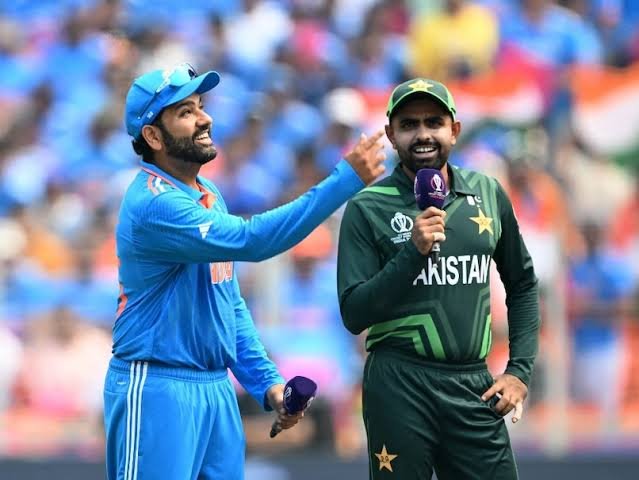
If the ICC cannot settle this stand-off, it could lead to more strained ties between the PCB and BCCI, possibly hurting other ICC and ACC events. Moreover, the commercial repercussions could also damage ICC’s financial status, especially if sponsors and broadcasters seek alternative arrangements.
For fans, the possibility of missing out on an India-Pakistan match in the Champions Trophy is disappointing, but it represents the complex reality of international cricket governance. The future of India-Pakistan cricket will rely on how both boards, together with the ICC, choose to negotiate this delicate topic.
Conclusion
The ICC Champions Trophy 2025 serves as a litmus test for international cricket’s capacity to reconcile competitive integrity, security concerns, and the interests of member boards. As the BCCI and PCB remain mired in an impasse, the ICC faces a pivotal moment that will impact the future of not only the Champions Trophy but also the greater connection between India and Pakistan in cricket.
The result of this scenario will have long ramifications, not only for India and Pakistan but also for the sport itself, as it shows the complexities of managing cricket’s global scene among complicated political factors.

